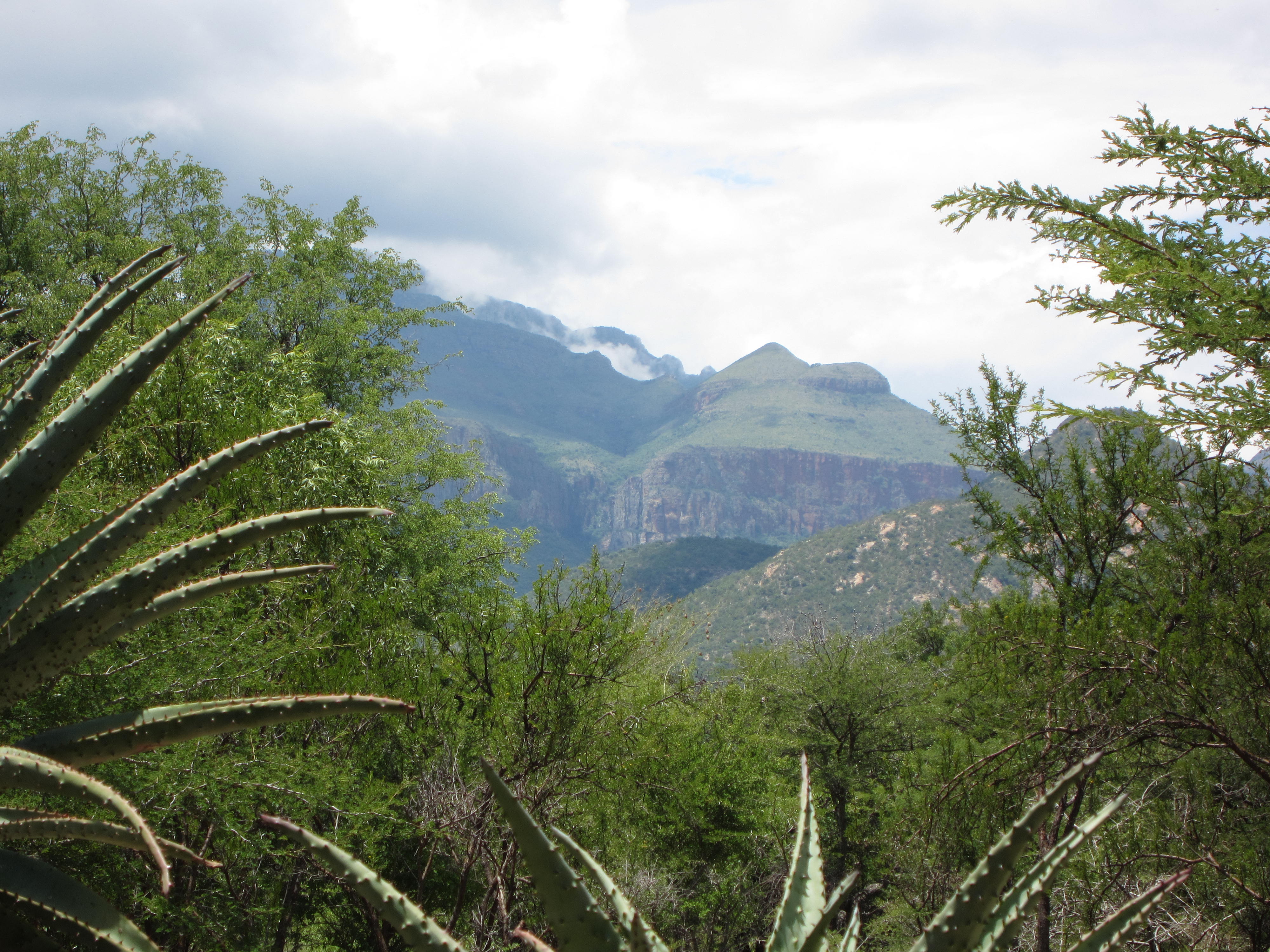Fields of intervention
ABS learnings and lessons from and for South Africa
The Department of Forestry, Fisheries and the Environment (DFFE) and the ABS Initiative are collaborating to share experiences and lessons learned at the regional and international level. Respective support and collaboration compliments the activities of ABioSA and BioInnovation Africa and focuses on the following areas:
- Support National ABS focal points (NFPs)/Competent National Authorities (CNAs) to further implement the national regulatory ABS framework
- Support the establishment of ABS agreements between providers and users of genetic resources and associated traditional knowledge
- Support the involvement of indigenous peoples and local communities in the development of the relevant regulatory process as well as in the negotiation of ABS agreements.
Strengthening the South(ern) African biotrade sector in compliance with ABS
ABioSA provides technical and financial assistance to South African and regional ABS-compliant small and medium enterprises (SMEs) and Indigenous Peoples and Local Communities (IPLCs) to access new global markets for indigenous natural products based on national and transboundary value chains. This includes:
- Addressing relevant regulations in target markets (non-tariff barriers) in a way that enables multiple SMEs to access new global markets
- Supporting selected IPLCs with technical assistance to assert their participation in biotrade value chains
- Providing technical assistance to selected SMEs in the biotrade sector to become investment ready
- Providing financial assistance to SMEs for product innovation and growth through the establishment of a dedicated grant funding facility that works independently but is coherent with other incentive schemes. The goal is to ensure a high degree of engagement and self-interest from the SMEs
- Supporting DFFE to obtain a greater understanding and compliance within the indigenous natural products sector for the revision of national regulatory ABS/biotrade frameworks
- Providing support to SMEs responding to the National Environmental Management: Biodiversity Act (NEMBA) as well as bioprospecting and ABS regulations
- Supporting industry through sector organisations to develop and implement best practices in line with NEMBA, and other policies or regulatory frameworks
- Documenting and share best practices and lessons learned with relevant stakeholders in (southern) Africa, Africa and at global scale (e.g. via UNCTAD BioTrade Platform)
- Supporting the creation of sector development plans for key biotrade species
See ABioSA achievements here.
Supporting value chain partnerships with Europe - for people and nature in South Africa
Provide technical assistance toward effective and efficient implementation of the South African regulatory ABS framework as a contribution to support the National Biodiversity Economic Strategy (NBES) objectives
- Develop and produce sector-specific ABS related manuals based on a gap and needs analysis
- Improve the capacities of relevant South African actors to negotiate implementable and enforceable ABS contracts through training courses on contract requirements and valorization approaches of relevant sectors
Increasing awareness on and co-developing of measures that ensure biodiversity conservation and sustainable use as part of ABS agreements,
- Capacity-building for the implementation of relevant measures, including best practice examples for selected indigenous biological resources, also contributing to the creation of new job opportunities
- Develop a catalogue with defined and localized measures for gender sensitivity
- Knowledge generation on financing options linked to benefit sharing, including experience exchanges with BIA partner countries
Support European-South African business partnerships in exploiting market potentials of selected biodiversity-based value chains
- Provide technical assistance to South African SMEs, cooperatives and associations in the implementation of sustainable supply chains based on indigenous biological resources, also applying the UNCTAD BioTrade principles and criteria. This includes gap analyses and joint interventions alongside the value chain in partnership with European industry
- Provide guidance to European and South African SMEs on the national requirements for ABS compliance and permitting procedures
- Facilitate partnerships on know-how and technology transfer to increase local value creation and to create new job opportunities
Activities and achievements
- Aspects of advice to DFFE are considered in consultations on revision of NEMBA /BABS
- Best practices and lessons learned from South African policies, strategies and implementation are shared with African countries and reflected in the African Union (AU) Guidelines
- Contribution to the conclusion of several benefit-sharing agreements, including the Rooibos Agreement (through Natural Justice)
- During the 12th Pan-African ABS workshop co-organized with the ABS Initiative in 2019, South Africa shared lessons learnt and best practices related to the country’s strategy for a biodiversity-based economy with participants and received substantive feedback.
- South Africa and regional biotrade stakeholders are better capacitated to develop and produce ingredients and products for the national and international market
- SMME have benefitted from technical training and support, and received financial grants to improve (e.g. harvesting and manufacturing schemes, address quality and quantity challenges in ingredient manufacturing or to overcome regulatory hurdles regarding market access)
- New alliances to develop financing schemes to support SMME in the biotrade sector are established
- Stocktaking of ABS-relevant laws, regulations, policies, permits and manuals and conservation policies
- Established 7 commercial partnerships between South African actors and European industry on biodiscovery or developing South African biological resources and genetic resources for the European market in cosmetic, nutraceutical, pharmaceutical and flavor & fragrance sectors
